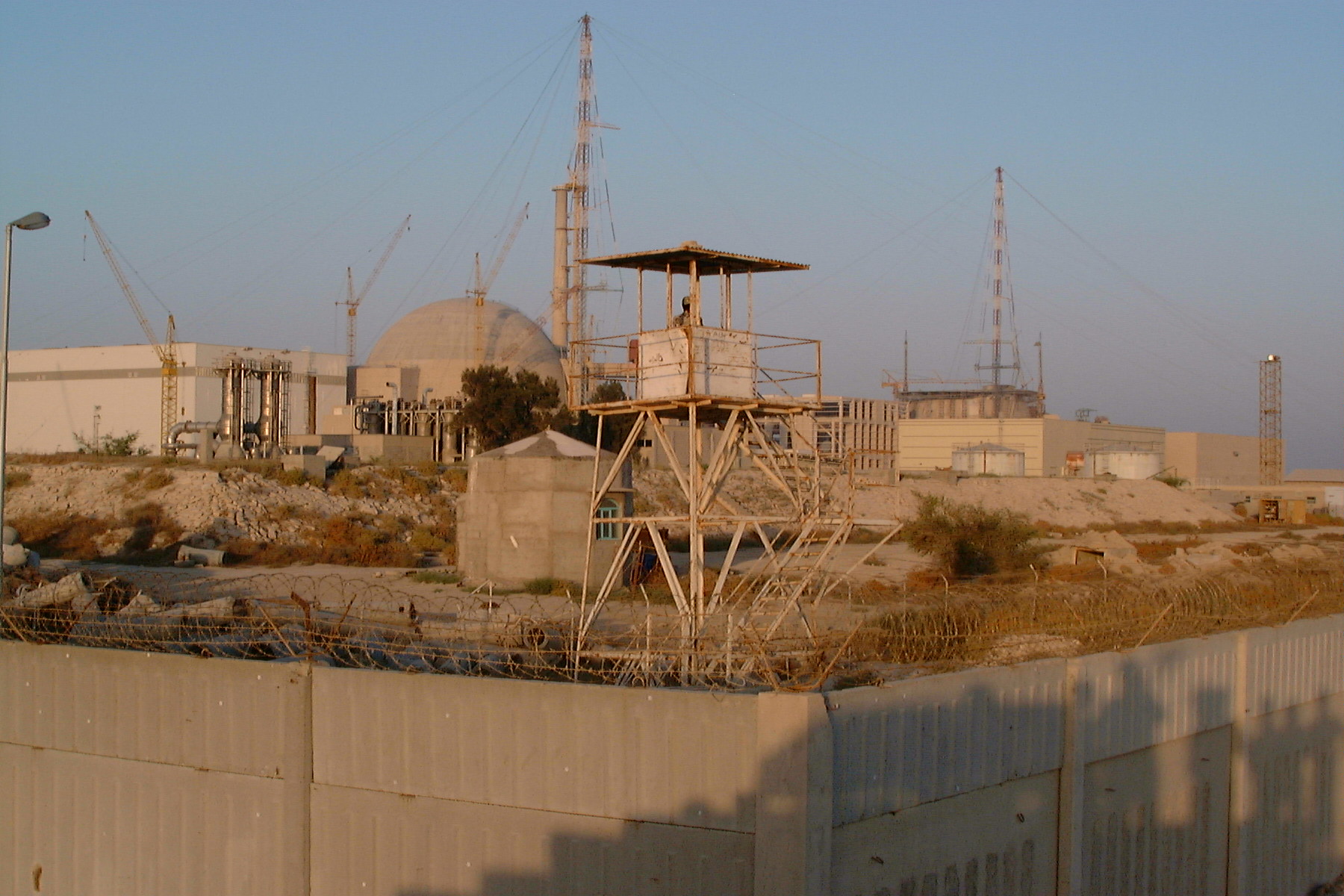In late February, the IAEA released a quarterly report on Iran’s civilian nuclear program with predictable results. This weekend, the next quarterly report has dropped, and as last time, the media is in an absolute tizzy with panic about figures that should have been expected.
As the AP noted, Iran has “even more near weapons-grade uranium” than it did before. Whether 60% enriched uranium is actually “near” weapons-grade, which is in excess of 90%, is hand-waved away as a technical issue.
Iran has been enriching to 60% since 2021, and with US-fueled sanctions preventing them from exporting it for reprocessing, as the JCPOA was meant to allow, the number keeps increasing every time. Iran has never attempted to enrich to weapons-grade levels, and has promised to remain at 60%.

IAEA photo of Bushehr Nuclear Power Plant
Last quarter Iran had added roughly 95 kg of 60% enriched uranium to the stockpile, and with more centrifuges installed since then, this quarter they added 133.8 kg. As with last quarter’s increase, it is being presented as getting closer to having a weapon, even though Iran has not attempted to enrich any of it beyond the 60% limit and has promised not to.
On top of that, Reuters is reporting that the IAEA report brought up previously discovered traces of uranium at three sites. None of this is new, but it was termed a “damning” report, and Reuters suggested it would be an opportunity for the US and the three Western European members of the JCPOA, which again the US already dishonored years ago, to declare Iran in violation of their obligations over past acts.
This comes at a time when the US and Iran are negotiating a possible new nuclear deal, and potentially provides a pretext for the US to move away from the talks or make even more unreasonable demands. Earlier this week President Trump already suggested the deal would require Iran to let the US “take whatever we want” and “blow up whatever we want,” so it’s not clear how much more demands they could add.
Looming over the potential deal is also the very real threat that Israel is going to unilaterally attack Iran to derail the talks. Saudi Arabia has reportedly covertly urged Iran to quickly make a deal with the US before Israel stops it with a military strike.
Though the new IAEA report potentially complicates the talks right at a potentially critical moment, even this is not an unforeseen issue. The IAEA issues these reports quarterly, and the talks were seemingly scheduled in such a way that another such report would drop right in the midst of the negotiations, with the media dutifully blowing the conclusions out of proportion.
Iran has suggested they want the nuclear deal to uphold Iran’s rights to a civilian nuclear program, which almost certainly is a non-starter for the US, as officials have rejected the idea of Iran being allowed to enrich uranium to any level at all, and now the demand to let the US blow up whatever they want effectively makes any program unsustainable.


